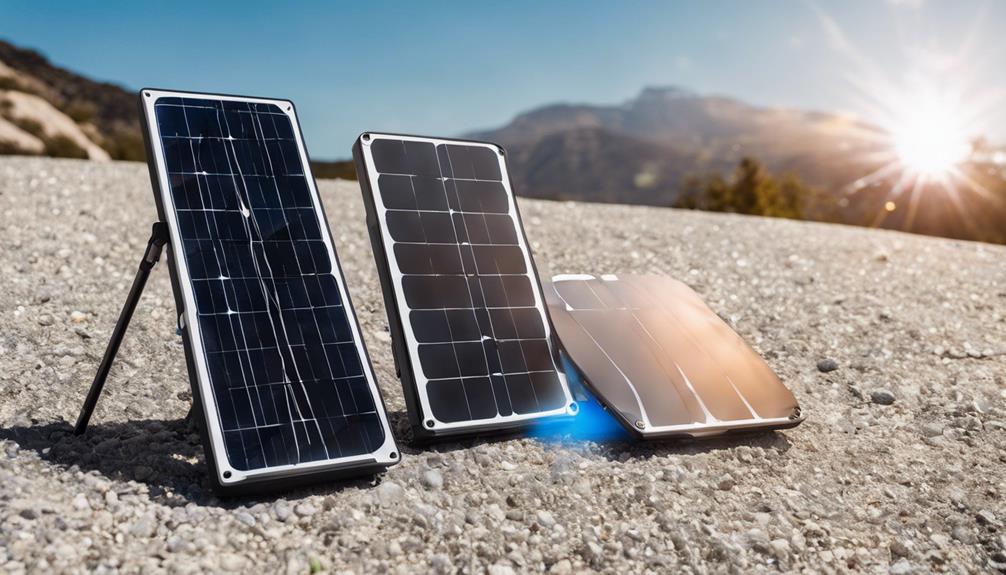
In recent years, the shift towards renewable energy has gained significant momentum, with solar power leading the charge. Among the various components of a solar power system, solar panel micro inverters have emerged as a vital technology. This article delves into what solar panel micro inverters are, how they work, their benefits, and why they should be a key consideration for anyone looking to invest in solar energy.
What Are Solar Panel Micro Inverters?
Solar panel micro inverters are devices that convert the direct current (DC) produced by individual solar panels into alternating current (AC) that can be used in homes or fed back into the electrical grid. Unlike traditional string inverters that connect multiple panels together, micro inverters are installed on each panel, allowing for independent operation. This means that if one panel is shaded or underperforming, it won’t affect the performance of the other panels in the system, maximizing overall energy production.
How Do Solar Panel Micro Inverters Work?
The operation of solar panel micro inverters is relatively straightforward. Each micro inverter is installed directly under a solar panel. As sunlight hits the panel, it generates DC electricity, which is then sent to the micro inverter. The micro inverter converts this DC electricity into AC electricity, which can be used immediately in your home or sent to the grid. Additionally, many modern micro inverters come equipped with monitoring capabilities, allowing homeowners to track the performance of each panel in real time, thus identifying issues quickly.
The Advantages of Using Micro Inverters
One of the primary benefits of solar panel micro inverters is their ability to optimize energy production. Because each panel operates independently, the overall system is less susceptible to the effects of shading, dirt, or other factors that may hinder performance. Furthermore, micro inverters can improve the energy yield by up to 20% compared to traditional string inverters. This makes them an attractive option for homeowners with limited roof space or those living in areas prone to shading from trees or buildings.
Enhanced Monitoring and Troubleshooting
Another significant advantage of solar panel micro inverters is their monitoring capabilities. Many models include integrated monitoring systems that provide real-time data on the performance of each panel. This feature allows homeowners to quickly identify any issues, such as a malfunctioning panel or inverter, and address them promptly. With traditional string inverters, it can be challenging to determine which panel is underperforming, making troubleshooting more difficult.
Durability and Longevity of Micro Inverters
When considering solar panel micro inverters, it’s essential to note their durability and lifespan. Micro inverters are designed to withstand various environmental conditions, including extreme temperatures, humidity, and even hail. Many manufacturers offer warranties ranging from 20 to 25 years, which is often longer than traditional string inverters. This longevity can result in reduced maintenance costs over time and peace of mind for homeowners investing in solar energy.
Cost Considerations for Micro Inverters
While solar panel micro inverters can be more expensive upfront compared to traditional string inverters, their long-term benefits often outweigh the initial investment. The increased energy production, enhanced monitoring, and reduced maintenance costs can lead to significant savings on energy bills over time. Additionally, many homeowners find that the higher efficiency of micro inverters translates into a quicker return on investment. It’s crucial to evaluate your unique energy needs and future goals when deciding between micro inverters and string inverters.
Choosing the Right Micro Inverter for Your Solar System
When selecting a solar panel micro inverter, it’s essential to consider various factors, such as compatibility with your solar panels, system size, and desired features. Look for reputable brands that offer reliable warranties and customer support. Reading customer reviews and consulting with a professional solar installer can also help ensure you make an informed decision. Additionally, consider the inverter’s efficiency rating, which indicates how effectively it converts DC to AC electricity.
The Future of Solar Panel Micro Inverters
As technology continues to evolve, the future of solar panel micro inverters looks promising. Innovations in energy storage, smart home integration, and enhanced monitoring capabilities are driving the development of next-generation micro inverters. These advancements are expected to improve efficiency, reduce costs, and make solar energy even more accessible to homeowners. As more people turn to renewable energy sources, micro inverters will likely play a critical role in the transition to a sustainable energy future.
In conclusion, solar panel micro inverters are an essential component of modern solar energy systems. Their ability to optimize performance, provide real-time monitoring, and offer durability makes them a smart choice for homeowners looking to invest in solar power. By understanding the benefits and considerations associated with micro inverters, you can make an informed decision that aligns with your energy goals and contributes to a cleaner, greener planet.





